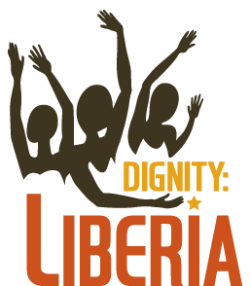On February 14th, my husband and I were excited at the prospect of seeing snow in the morning. When we went to bed, nothing was amiss. We woke up at 2:00 a.m. to no power and plunging temperatures. At first, we believed crews were working through the night to restore power. As the outage continued, we learned that power would not be restored for days. We were unable to reach help due to the condition of the roads. We thought our street was the only one affected. Houses a few streets over had power, and we could see the sky lit up by the lights of the downtown buildings. We felt abandoned. We felt isolated. It was only after everything was over that we learned the extent of the outage and that millions of people were affected, just like us.
The restoration of power wasn’t the end. As temperatures rose, pipes burst. People could not stop the leaks, resulting in the need for a massive clean-up. Some will have a long wait before there will be repairs. Millions were under a boil water notice.
Perhaps it was because Becky and Kathi were in warm Liberia, for the groundbreaking of House of Hope and Dignity, that my thoughts turned to Liberia and I saw several parallels to fistula survivors.
As their due date approaches, women are excited at the prospect of seeing the baby they have carried for 9 months. They go into labor not expecting anything will be wrong with their delivery. When the Traditional Tribal Midwife, who lacks medical training, realizes she’s dealing with a breech birth or other complication and sends her client to a medical clinic, the woman believes things will soon be better.
When a woman delivers a stillborn baby, she feels sadness and a sense of loss. When the leaking starts, there is confusion and a sense of isolation. More than one fistula survivor told me that she felt abandoned. She thought she was the only one with this condition. It is only after she has fistula repair surgery, through the Liberia Fistula Project, and starts to meet others who suffered from fistula, that she realizes that there are others going through the same thing. For some of the survivors, fistula repair surgery is not the end. Some of them are still leaking and are awaiting future surgeries.
During the power outage, help came from dedicated workers and generous volunteers. Similarly, there are programs in Liberia that aim to heal and rehabilitate those with fistula. Dignity:Liberia is honored to work with many dedicated Liberians whose job it is to help the women and girls with fistula. We are also blessed with the support of our generous donors and the assistance of kind-hearted volunteers.
However, the goal of Dignity:Liberia is to prevent fistula from happening in the first place. That is why we are building a maternity waiting home. We will soon share more about the progress we are making. We want our sisters and daughters in Liberia to know they are not alone.
Kathy Beth lives and works in Austin, TX. She graduated from high school in Monrovia, Liberia in 1977.

 RSS Feed
RSS Feed